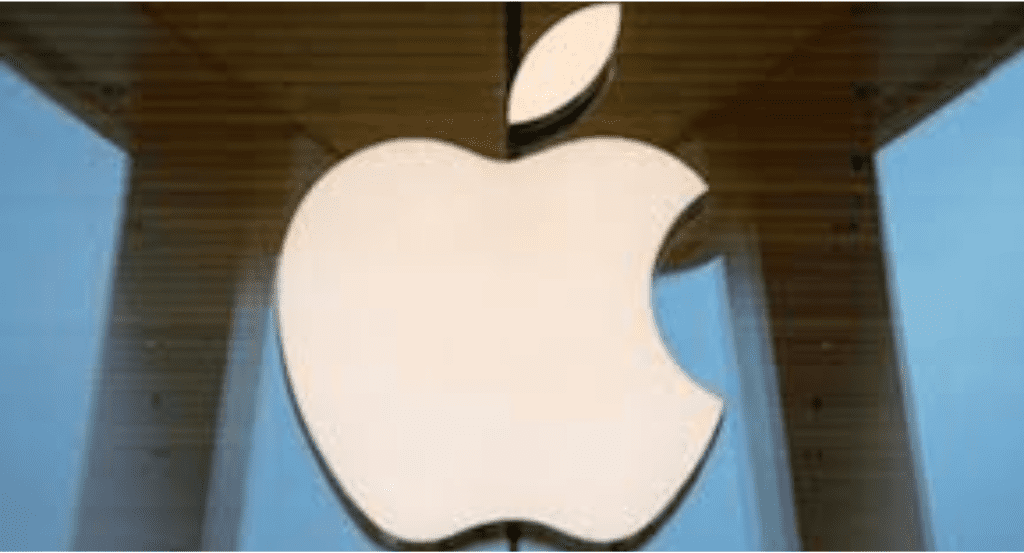Apple has strongly refuted claims that it sells users’ Siri data, following a $95 million settlement to resolve a lawsuit alleging privacy violations. The tech giant reiterated its commitment to safeguarding user privacy, emphasizing that Siri data is not sold to third parties and is used strictly to improve the service.
The controversy stems from allegations that Apple’s voice assistant, Siri, improperly recorded and shared user conversations without consent. The class-action lawsuit argued that these practices violated user privacy and California’s Invasion of Privacy Act. Apple’s decision to settle, the company explained, was not an admission of wrongdoing but rather a step to avoid protracted legal battles.
In an official statement, Apple reaffirmed its dedication to privacy as a “fundamental human right.” The company clarified that while Siri does process data to provide personalized experiences, all information is anonymized and encrypted. Apple also stated that users can opt out of Siri data collection at any time through device settings.
Privacy advocates remain divided over the settlement. Some applaud Apple’s proactive steps to rebuild trust, including enhancements to Siri’s privacy features, while others criticize the company for failing to disclose the terms of the settlement publicly.
The case has reignited discussions about tech companies’ responsibility to protect user data in an era of increasing reliance on artificial intelligence. As AI-powered assistants like Siri, Alexa, and Google Assistant become integral to daily life, concerns about data collection and usage have surged.
Elon Musk recently remarked that the “supply of human knowledge” for AI training data has been exhausted, a comment that further underscores the importance of ethical AI practices. This statement comes amid broader industry scrutiny over how companies acquire and utilize vast amounts of user-generated data.
Apple has consistently positioned itself as a leader in privacy, often setting the standard for the tech industry. However, incidents like this underline the delicate balance between leveraging data for technological advancements and upholding user trust.
The settlement and Apple’s response mark a critical moment for the company, as it seeks to maintain its reputation while addressing growing privacy concerns. Consumers and industry observers alike will be watching closely to see how Apple and other tech companies navigate the complex interplay of innovation and user protection.





















